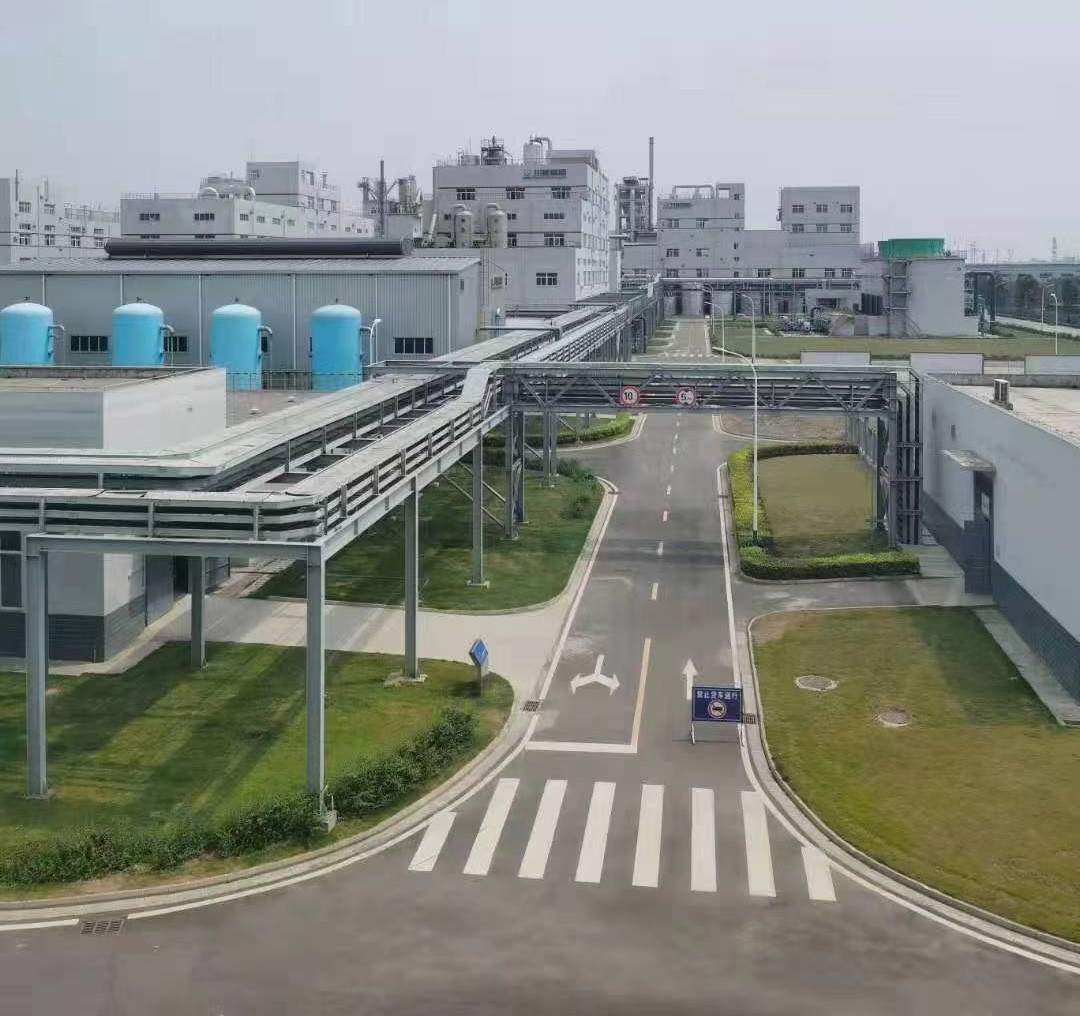LIOH: an important component of lithium-ion batteries
Jan,05,24
Lithium hydroxide (LiOH) is an important chemical widely used in applications such as lithium-ion batteries. Lithium-ion batteries are a highly efficient, reliable, and environmentally friendly energy storage technology that is widely used in fields such as electric vehicles, mobile devices, and energy storage. As an important component of lithium-ion batteries, lithium hydroxide plays an important role in the performance and stability of lithium-ion batteries.
The role of lithium hydroxide in lithium-ion batteries is to serve as a cathode material for lithium ions. Lithium-ion batteries are batteries with lithium ions as charge carriers, in which lithium ions are released from the positive electrode material, move between the positive and negative electrodes through the electrolyte, and are ultimately captured and stored by the negative electrode material, completing the conversion and storage of electrical energy. In this process, lithium hydroxide, as the positive electrode material, can provide sufficient lithium ions and maintain stable electrochemical performance during the charging and discharging process.
The performance of lithium hydroxide in lithium-ion batteries directly affects the performance and stability of lithium-ion batteries. First of all, the purity and crystal structure of lithium hydroxide have a significant impact on battery performance. High purity, single crystal lithium hydroxide can provide more available lithium ions, and has better conductivity and electrochemical stability, thus improving the charging and discharging efficiency and cycle life of the battery. Secondly, the particle size and specific surface area of lithium hydroxide also have an impact on battery performance. Smaller particle size and larger specific surface area can improve the reaction speed and ion transport speed of lithium hydroxide, thus improving the power density and response speed of the battery.
In addition to the performance and stability of lithium hydroxide, the production process and quality management of lithium hydroxide also have an important impact on the performance and stability of lithium ion batteries. In the production process of lithium hydroxide, various parameters, such as reaction temperature, reaction time, and solution concentration, need to be controlled to ensure the quality and consistency of the product. In addition, during the storage and transportation of lithium hydroxide, it is also necessary to take appropriate measures to avoid the chemical reaction of lithium hydroxide in contact with air, moisture, etc., which will affect the quality and stability of the product.
In the future, with the continuous development and innovation of energy storage technology, lithium-ion batteries, as an efficient, reliable and environmentally friendly energy storage technology, will be used in a wider range of fields. And lithium hydroxide, as an important component of lithium-ion batteries, will continue to play its important role in providing protection for the performance and stability of lithium-ion batteries and contributing to the innovation and development of energy storage technology.






